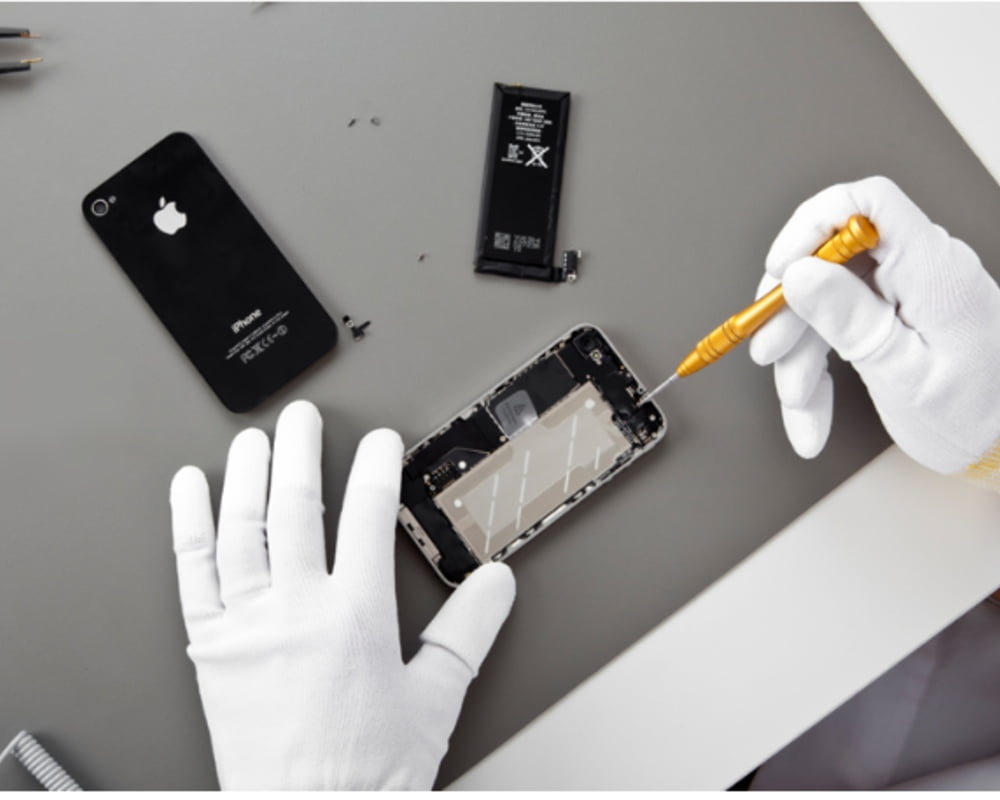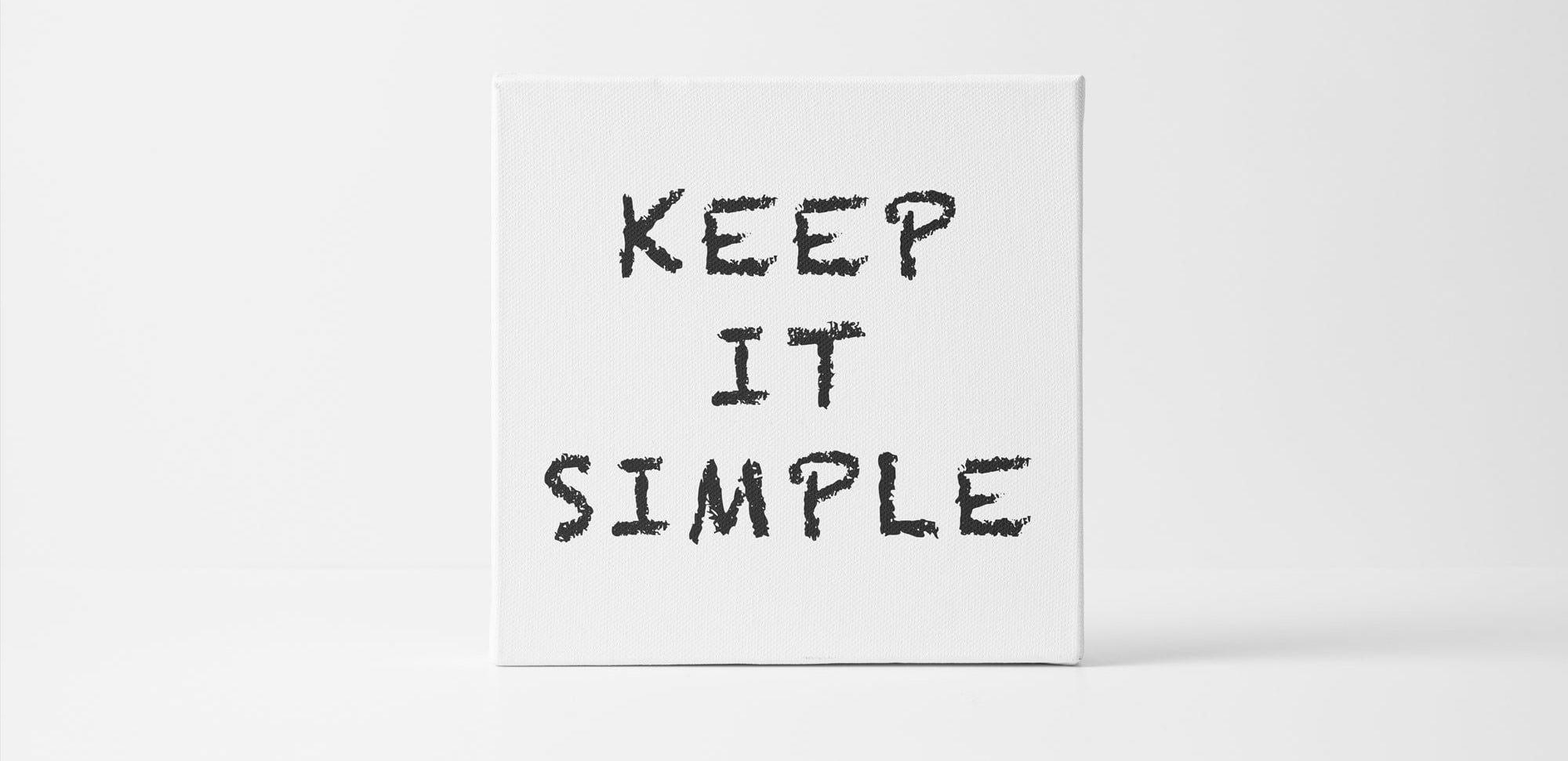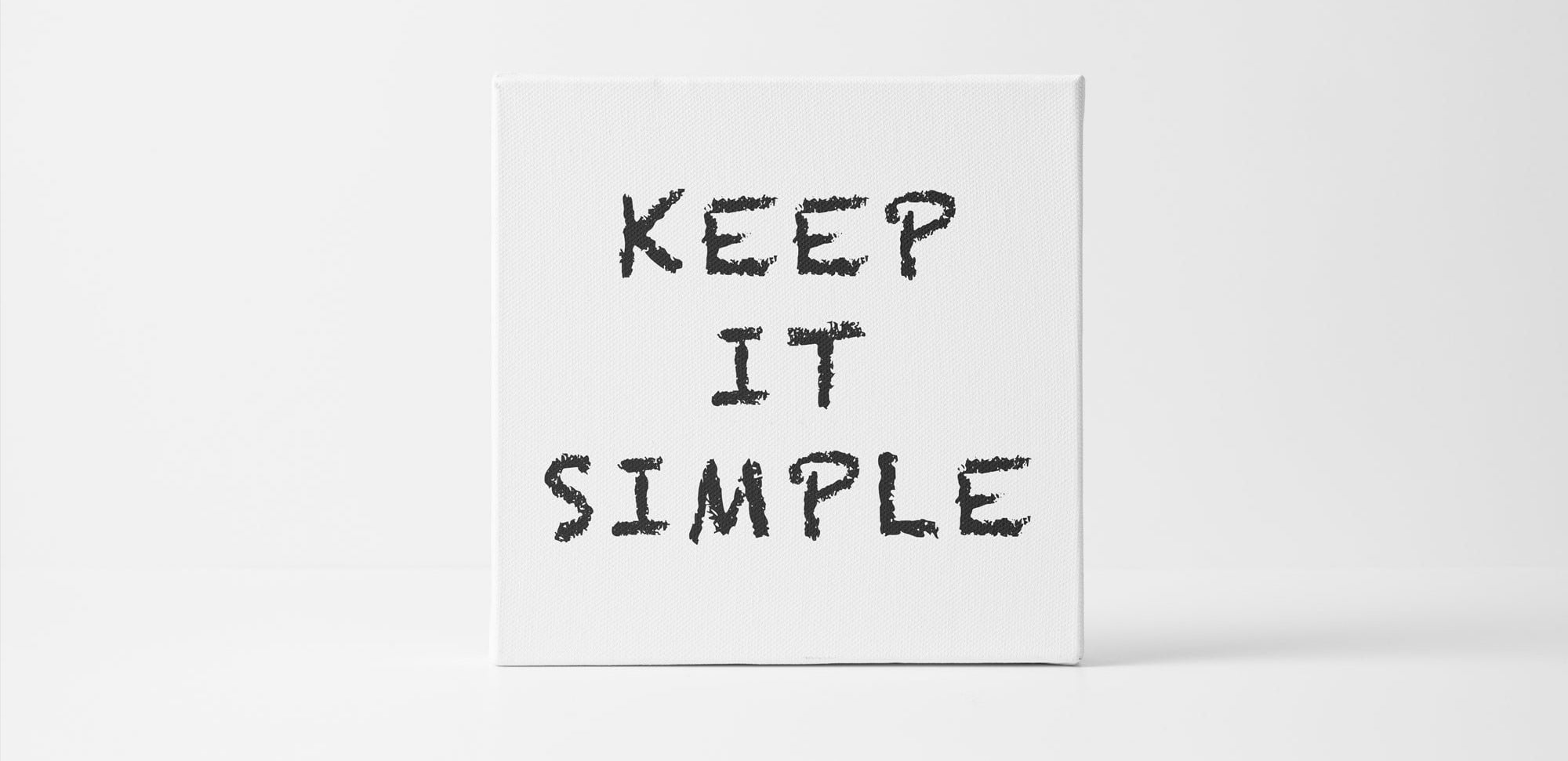Modern gadgets dissolve the boundary between the real and virtual worlds. world. Many people have become so familiar with these technologies that they often transfer attributes of virtuality to the real world and vice versa.
Unfortunately, almost no one thinks about the consequences of such consequences of this merger, and whether there are any threats.
Technology evolves, just like living organisms and life in general. Thus, phones have turned into smartphones, and we spend almost all our day with this miracle device. But if a smartphone used to be a tool, now the connection with the gadget has become closer and even more intimate. Many scientists fear that one day people will connect computer chips with their consciousness. But the problem is not so much the physical connection. The real threat is a seamless connection between computer and human, a kind of hybridization of cognitive space with high-tech devices. And it's not a myth; smartphones are penetrating people's minds deeper and deeper every day.
What are the consequences of all this? First, the loss of independence, which has been fought for for about 300 years. The first hints that independence could be lost arose back in 1957, when a marketer noticed an increase in sales of drinks and food in movie theaters when flashing messages "Drink Coca-Cola" or "Hungry? Eat some popcorn".
Modern gadgets dissolve the boundary between the real and virtual worlds. world.
Nowadays, we constantly hear about neuromarketing, a sneaky strategy in which marketers use discoveries of neuropsychology to activate the buy button in the brain of a potential buyer.
Although it has not yet been possible to fully control the minds of customers, the threat of independence still remains. Why? Persuasive technologies are constantly being worked on and developed. And these technologies are developed by social engineers who are well versed in social psychology and human behavior.
The softest technologies only push us to buy what the seller wants. It is technology that determines what is important for our well-being and health. Here again, it is worth mentioning the threats, now the threat to the inviolability of private opinion. This includes such concepts as intellectual property and privacy. What kind of personal life is there if someone is constantly influencing our choices?
In 2007, the world saw the first iPhone, and its creator Steve Jobs said: "This is going to change everything." But no one realized then, that "everything" was people themselves.








